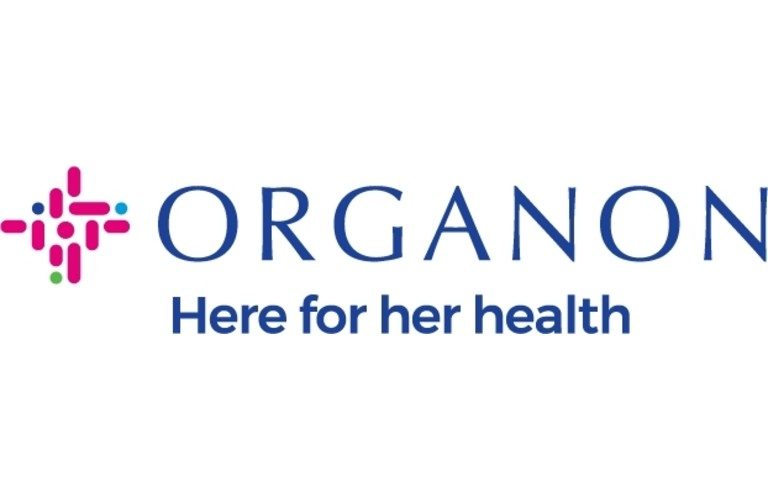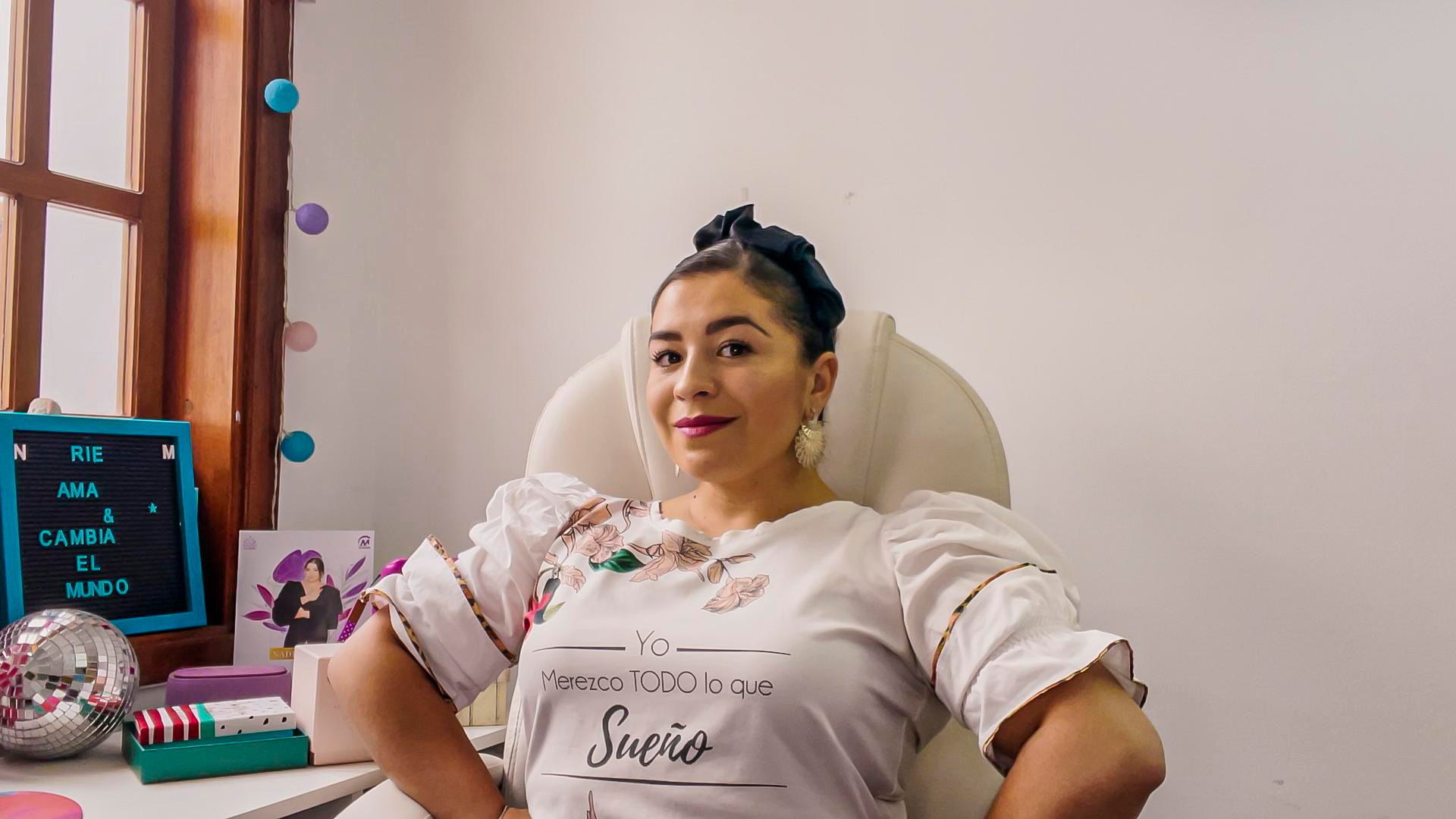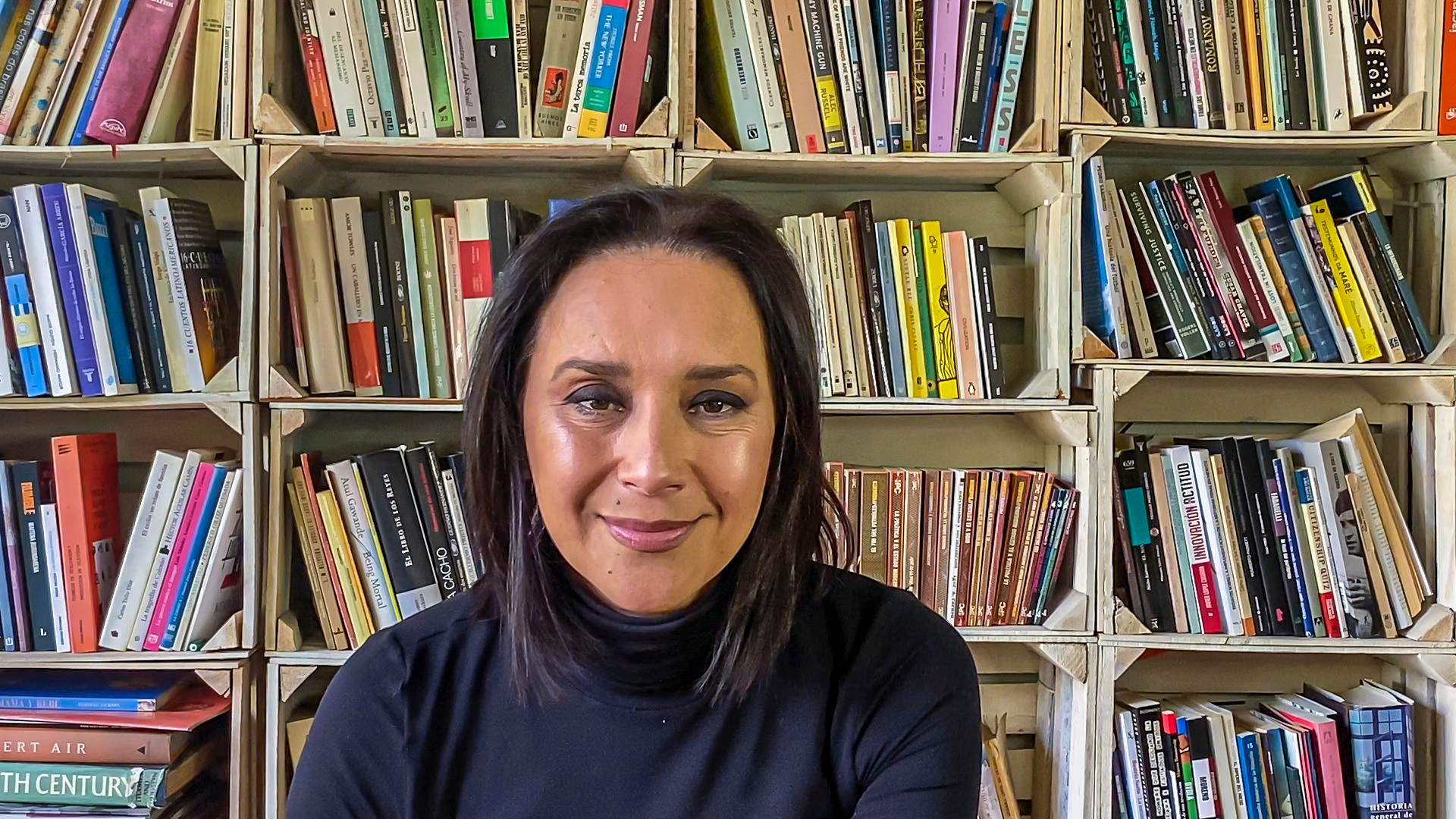World Woman Hour in collaboration with Organon salutes Helene Gayle for her amazing career of leadership in government agencies and nonprofits—during which, she has become a leading advocate for a holistic approach to public issues. This means recognizing that health, economic well-being, and environmental and civic well-being are all interrelated, and should be dealt with accordingly. Helene began her career as an M.D., board-certified in pediatrics. She then spent 20 years in public health at CDC (the U.S. Centers for Disease Control and Prevention), with a focus on preventing and controlling infectious diseases worldwide. She also served as Assistant Surgeon General of the United States and directed health programs at the Bill and Melinda Gates Foundation, the world’s largest private foundation.
From there, her efforts shifted and expanded in scope. For 10 years Helene was CEO of the international humanitarian group CARE, this time focused on reducing global poverty, with special emphasis on creating opportunities for women and girls. And since 2017 she has been CEO of The Chicago Community Trust, where she works on catalyzing systemic change across a major American city. The Trust is one of the largest community foundations and its current strategic priority is “closing the racial and ethnic wealth gap” in Chicago.

Helene has been named one of Forbes magazine’s 100 Most Powerful Women. She is known for combining a keen scientific intellect with personal passion and sensitivity. Here are highlights of her interview with World Woman Hour, in which these qualities come through.
Q: Could you start by filling us in on your career path and how you came to be where you are now?
Helene Gayle: I grew up in Buffalo, New York, in a family that put a focus on academic excellence, but also on making a contribution to society. I think that influenced me and my siblings in terms of how we thought about what we should do and how we could make a difference in the world. I decided to do medicine because it’s a tangible skill that makes a difference in people’s health, and health is pretty fundamental because it enables people to work and to be effective contributors themselves. But while clinical practice in medicine allows you to help people one at a time, early in my career I recognized that I wanted to have an impact at a societal level.
That’s when I got interested in public health, which looks at the unit of change, if you will, as populations versus individuals. At the Centers for Disease Control I really got to feeling like this was my professional home: to work on the issues of population health and disparities in health, not just with the medical toolbox, but by thinking more broadly about the things that influence people’s health and therefore their livelihoods and well-being overall. That focus on what we now call the social determinants of health led me to work on issues of poverty, both globally and in the United States, which resulted in my leading CARE. And now, here at The Chicago Community Trust, we’re focused on issues of economic inequity and how they are real drivers of so many other issues that are front and center in our societies.
Q: When you say “social determinants of health,” could you explain that concept a little more?
Helene: The social determinants are in many ways what make a difference in our health status. Much of our focus on health disparities looks at access to health services. But we now know that a large portion of the influences on people’s health are linked to things like the ability to have a living wage, access to high quality education, a clean environment, public safety, and a lack of violence. All these things, particularly education and income, are such huge drivers that they probably make up 60% to 80% of what determines people’s health outcomes.
Q: What are some of the most pressing problems you see women facing in health care?
Helene: Not just here in the United States but around the world, oftentimes women put their health needs on the back burner. Women are caregivers; they’re the ones who nurture families and communities, and often they don’t put their own needs first. Think of everything that women might go through in a lifetime—from bearing children, to being mothers and caregivers, while at the same time more women are entering the workforce. The question is, how do we make sure that women have the support they need to be healthy at all phases of the life cycle, and in the multiple roles they play?
Q: Could you speak to the ways in which you see women and girls disproportionately impacted by health issues?
Helene: Clearly issues related to reproduction and sexual health are huge. But increasingly, so are other issues, whether it’s cancer or heart disease. There’s a whole range of things that disproportionately impact girls and women, because of the biological uniqueness of our gender but also because of social status. HIV and AIDS, as well as other sexually transmitted diseases, have disproportionately impacted women around the world because of their social vulnerability. So we have to look both at the biological factors and at the social issues that place girls and women at more risk.
Q: What do you believe the future of healthcare looks like, especially in regard to women and women’s health?
Helene: I hope that the future of healthcare prioritizes looking at people in their whole context and that we think about the many ways in which our health interacts with the social and economic realities of our lives. For example, we can’t separate women’s health care from child care. Also, we think about accessibility to health care in terms of putting clinics in certain neighborhoods, but it’s more than just a matter of where our clinics are located. It’s what services do they provide; who are the caregivers; do they understand the needs and culture of the population? And what are the hours? If you’re a working mother and health services are only available from nine to five, you’re not going to get to your routine care. We need to think about meeting people where they are in a more holistic way.
Q: Are there action steps that people can start taking today, to help?
Helene: First of all, everybody can be informed about their own health issues and risks, and then they can spread that information to others. People are more likely to listen to the advice of somebody they know, who cares about them. So if you can talk to your friends, and help in ways like taking them to clinics when they are afraid of going, you’ll be an ambassador for why we all need to take care of our health—particularly from a prevention standpoint. So often, people only think about health when they’re ill or have a catastrophic issue. But if we think about how we’re taking care of ourselves in the first place, it is a critical way in which all of us can help to reduce preventable illness and death.
Q: In your experience, what have you learned about leadership and what it takes to be an effective leader?
Helene: I think leadership is a way of expressing your passion. For me, it has never been about wanting to be a leader. It’s about things that I feel passionate about and then finding others who are equally passionate and figuring out how we can come together in a way that moves the issues forward.
This is a shared model of leadership, with the understanding that when you’re the leader, accountability is yours. But it’s really about bringing a vision alive in a way that resonates with other people. And one of the most important attributes of a leader is the ability to listen and to take from that listening to the lessons that others can offer. We’re all better leaders when it is not an individual endeavor, but when we’re bringing together the best that people have to give.
Q: In your career, you’ve done so many different things, on such a vast scale. Did you see this as your path when you first started out?
Helene: I never would have imagined, when I started a career in medicine, that one day I would lead a global poverty-fighting organization or a community foundation. But I feel that keeping options open, which are linked to the things that matter the most to me, has always been rewarding. The next right step always seems to present itself. So, when people say you should have a five-year plan or 10-year plan: I’ve never had one. I have just been guided by the things that matter to me: my commitment to social justice and equity, and the issues linked to that.
Q: Out of all the skills you’ve developed, what would you say is your superpower?
Helene: I think my superpower is connecting the dots. Between issues, and between people.
Q: If you could go back in time and give your younger self advice that you wish you had gotten, what would you say?
Helene: Be willing to be more vulnerable and to not feel like you’re held to a standard of perfection. I think a lot of us, particularly girls, are given the idea that we’ve got to be perfect because we can’t let others down. But sometimes that can stand in the way of true, authentic growth.
I think we all learn better when we make mistakes and are able to embrace our failures and learn from them. It’s similar to what people are talking about when they say to “fail fast.” We’re all afraid of failure, but we need to learn from the failures and keep moving. So I think the more we can be vulnerable, the more we can accept our imperfections, the more we will learn and continue to evolve.

















